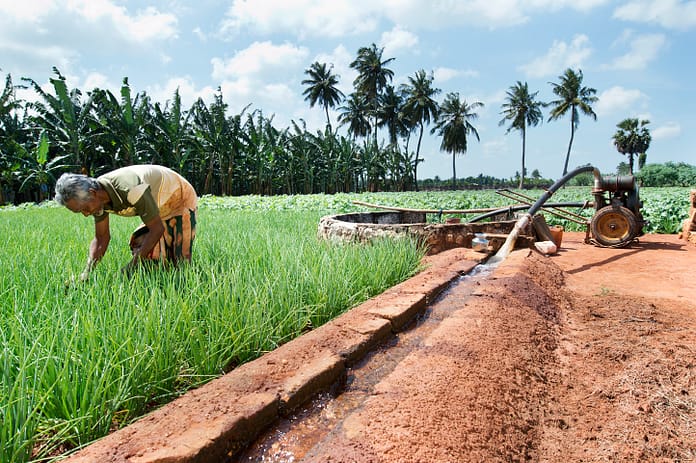Improving groundwater management in the Jaffna peninsula
The Jaffna Peninsula in northern Sri Lanka is facing an immediate necessity for enhanced groundwater management to meet the rising demands of agriculture, domestic use, and industrial activities. Ensuring the sustainability of groundwater resources in this region requires a careful balance of recharge and extraction to mitigate the risk of water scarcity and quality deterioration, problems worsened by climatic changes across South Asia. Groundwater in Jaffna supports the domestic needs of approximately 0.6 million inhabitants and is vital for smallholder agriculture, industry, and the expanding tourism sector. Unsustainable groundwater use especially during the dry season, poses a significant challenge, making informed and responsive long-term water management essential to restore balance and sustain groundwater resources.
Development of a groundwater management strategy, which accounts for impacts of climate change and sea level rise is essential for designing suitable adaptation strategies to ensure the sustainability of groundwater resources. Effective groundwater management in Jaffna necessitates collaborative research involving diverse stakeholders to optimize knowledge and skills and ensure the project’s social and institutional integration. New approaches that include adaptation strategies such as nature-based solutions for managing groundwater within sustainable limits will require acceptance and adoption by key stakeholders.
This project will build adaptive capacity and resilience of communities by introducing international best practices for groundwater planning, including modelling, in the Jaffna Peninsula and selected northern coastal zones encompassing Mannar and Kalpitiya in the north-western district of Puttalam. The key output will be a water sustainability management strategy that improves the conjunctive management of surface and groundwater resources, including approaches to augment groundwater.
The project will build on the analysis conducted by the ongoing FCDO funded project “From Conflict and Poverty to Cooperation and Prosperity” and consultations held in early 2020. Engaging with stakeholders (including communities) the project aims to identify the risks and identify pathways for improved management of the groundwater resources by mitigating threats on the quantity and quality of the available resources, and to ensure sustainable agriculture and livelihoods, climate change resilience and environmental integrity.
By combining improved technical knowledge of groundwater use and demand through field satellite-based monitoring systems and collaborative design processes, the project seeks to build a common understanding of the need for sustainable groundwater use in the Jaffna Peninsula among the institutions and communities involved. The project will promote an evidence-based decision-making approach by combining better monitoring mechanisms and a Multistakeholder Platform to ensure sustainable groundwater management and support the region’s long-term socio-economic development.
Lal Muthuwatta
Building adaptive capacity and resilience in communities (Proj-ID-1304)


